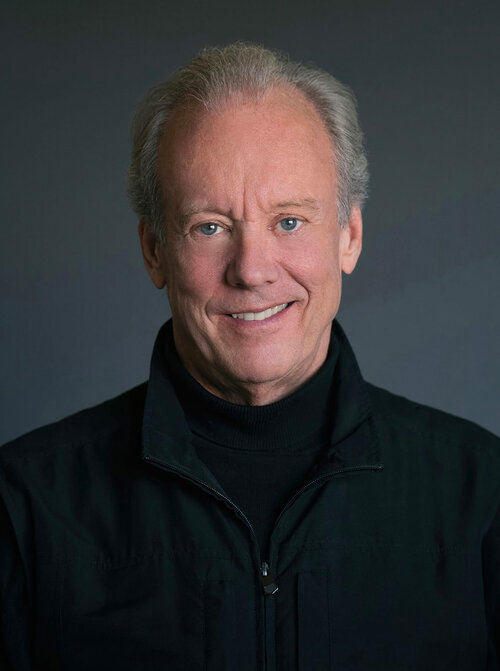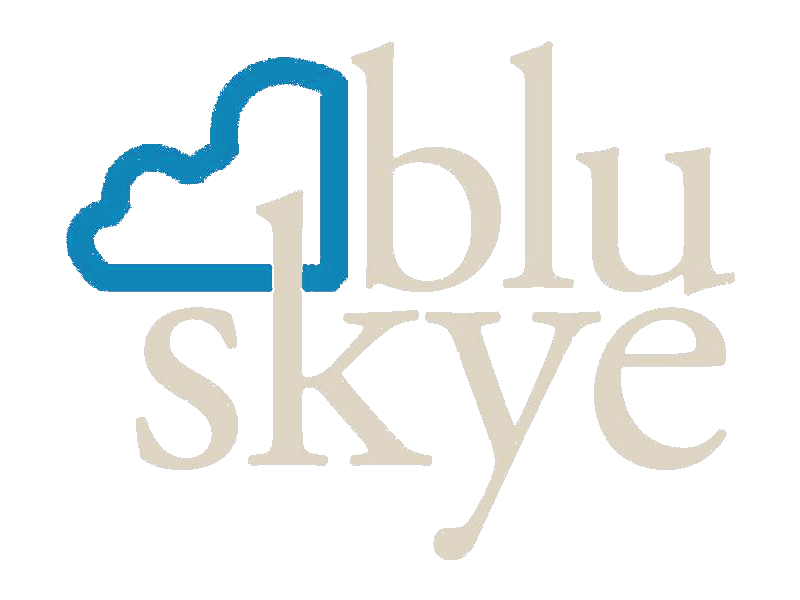
A conversation between Jib Ellison and William McDonough.
William McDonough is a designer, a global leader in sustainable development, and Chair of the World Economic Forum’s Meta-Council on the Circular Economy. For more than 40 years, McDonough—through McDonough Innovation; William McDonough + Partners, Architects; and MBDC—has defined the principles sustainability. In 2002, McDonough and Michael Braungart co-authored Cradle to Cradle: Remaking the Way We Make Things, a seminal text of the sustainability movement; this was followed by The Upcycle: Beyond Sustainability—Designing for Abundance (2013).
McDonough has received the Presidential Award for Sustainable Development (1996), the first U.S. EPA Presidential Green Chemistry Challenge Award (2003), and the National Design Award (2004). In 2007, McDonough and Brad Pitt co-founded the Make It Right Foundation. In 2009, he and Braungart co-founded the Cradle to Cradle Products Innovation Institute. In 2012, McDonough became the subject of Stanford University Libraries’ first Living Archive.
About our 22nd Century Leadership podcast:
Our current social and economic systems were designed in and for a different time. Namely the 19th and 20th centuries. A time when there was a lot less people changing life on earth a lot slower and less systematically. Today, each day we add approximately 200,000 new humans to the 7+ billion people occupying our beautiful blue orb floating through space. Add to this the addition of tech innovations associated with machine learning, DNA manipulation, and flash stock trading, and we are living in the midst of a volatile cocktail that has manifest in unusual politics and a broad sense of dissatisfaction.
For the last 15 years we’ve worked with CEOs, corporations, non-profits, foundations, and even a city, on taking action to build long-term resilience and sustainability in light of these trends. Along the way, I’ve met a lot of interesting people engaged in what I’ve come to call the act of History Making. These are leaders who are actively transforming the way that human beings ‘see the world.’ Known examples are people like Steve Jobs, Albert Einstein and Desmond Tutu. In our case, we are going to focus this podcast on a subset of these History Makers. Namely, leaders who are actively working to help people appreciate the beauty, utility and fundamental necessity of a healthy environment to a thriving human economy and existence.
These 22nd century leaders are applying the best of human leadership capabilities to successfully helping their fellow humans through the what is sure to be a very turbulent transition from an economics built for 19th century realities to a society and economics built for 22nd century realities.
